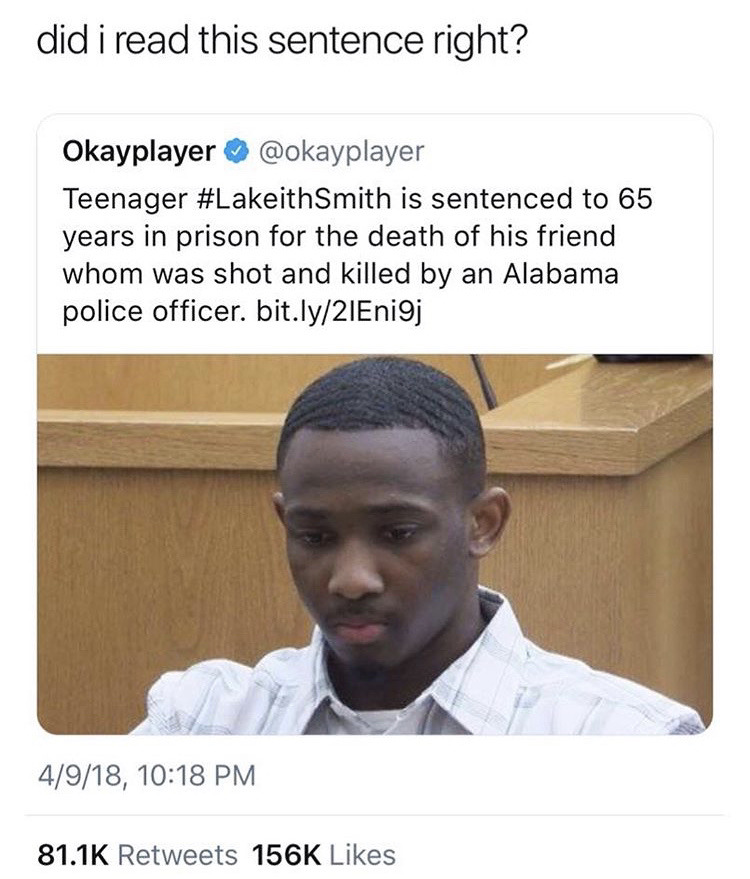this post was submitted on 10 Sep 2024
613 points (84.6% liked)
US Authoritarianism
811 readers
294 users here now
Hello, I am researching American crimes against humanity. . This space so far has been most strongly for memes, and that's fine.
There's other groups and you are welcome to add to them. USAuthoritarianism Linktree
See Also, my website. USAuthoritarianism.com be advised at time of writing it is basically just a donate link
Cool People: [email protected]
founded 8 months ago
MODERATORS
you are viewing a single comment's thread
view the rest of the comments
view the rest of the comments

That's is the felony murder rule. It's a transfered intent doctrine. I don't think the rule itself is very controversial. This isn't even a controversial application of the law except for the length of the sentence and the age of the offender. While those are motivating factors at sentencing, others have posted the many aggravating factors that apply in the case. And while prior convictions and prior arrests aren't relevant at the trial, they are relevant at the sentencing.
It's part of felony murder but not the whole thing. The other parts of felony murder are if your accomplice intentionally kills someone or the death of someone is caused without intent (such as hitting a pedestrian while fleeing).
I could make the argument that by participating in a felony, accomplices are accepting the inherent risk, so if they happen to get hurt or killed that's on them and shouldn't be considered felony murder.
That first part is the same part. It's the same thing. Transferred intent. Your accomplice intends the foreseeable consequences of their actions, and you theirs.
Sure, I suppose that's as logical of a thing to do. It's because of public policy and the social economics of it that we don't. We as a society and our legal system, at our best, should be indemnifying, like, employees that get hurt on the job, firefighters that get lung cancer and such, delivery drivers that get bit by dogs, Major League Baseball (/s), and gun manufacturers (/s), not convicted felons who conspired to do a thing that could foreseeably and then did get their accomplice killed. They don't have the political capital to get a law like that passed. Just, as a group, not a lot of lobbying money for convicted felonious coconspirators whose accomplice died in the course and scope of it.
It's only felony murder when the accomplice is killed by something that justifies making the conduct illegal in the first place. That limits the concern of runaway criminal liability. Also I think just doctrinally, one can't assume a risk of wrongful death; it would essentially legalize negligent or reckless homicide.